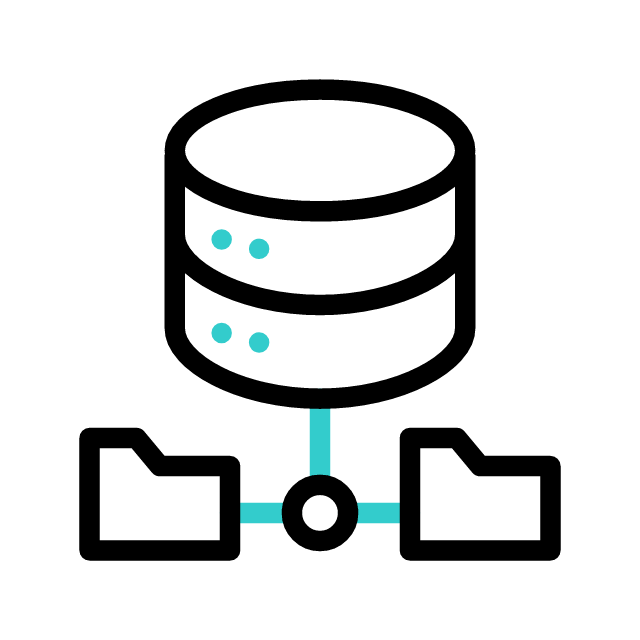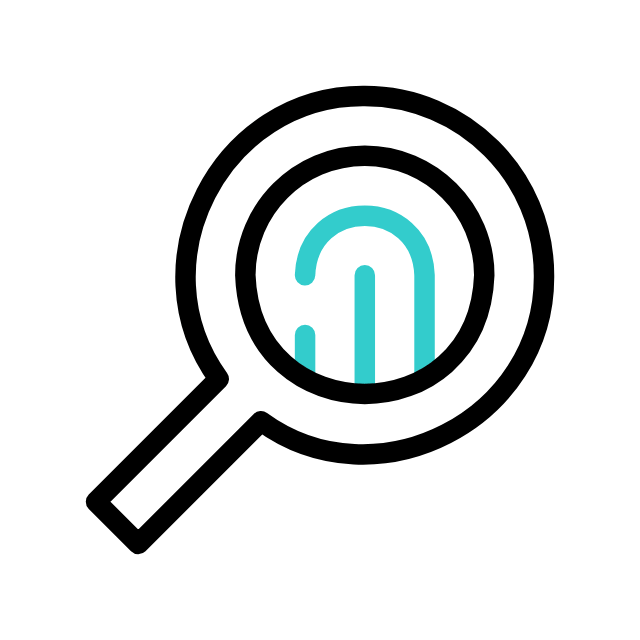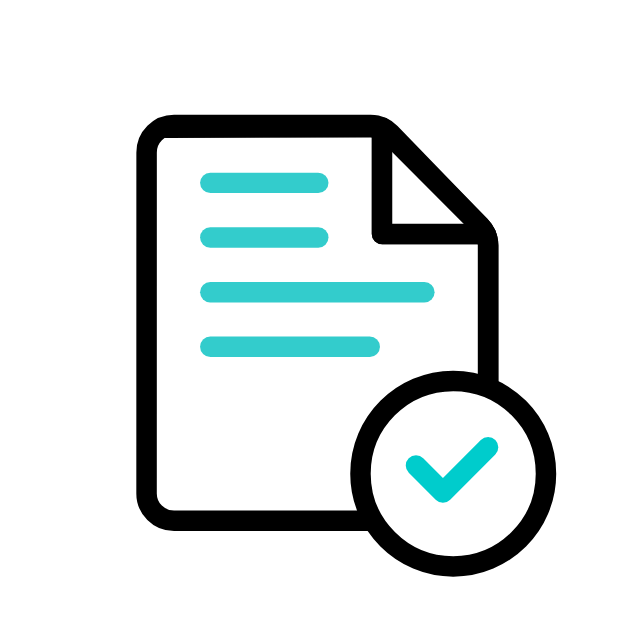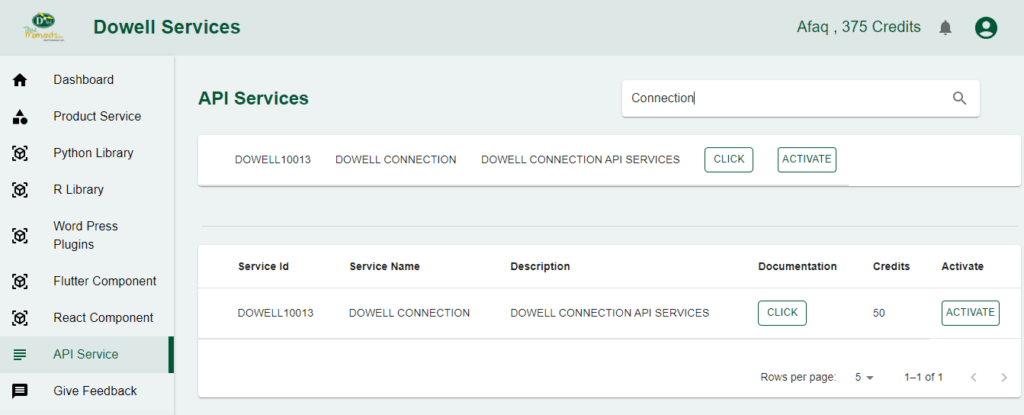Dowell Connection API
Where Data Meets Connectivity: Dowell Connection API Leading the Way

Dowell
Connection API
The Dowell Connection API is a tool designed for performing fundamental tasks related to databases. It offers a straightforward set of operations to interact with data, including fetching, finding, inserting, and updating records. With this API, users can easily retrieve data from a database, search for specific information, add new entries, and make modifications to existing records. It simplifies the process of managing data, making it accessible and user-friendly for various applications and software systems.
Key Features

Simplified Data Interaction
Dowell Connection API streamlines database operations by offering clear and concise methods for fetching, finding, inserting, and updating records.

Versatile Data Retrieval
Users can effortlessly retrieve data from databases using Dowell Connection API, enhancing accessibility and usability across different applications.

Efficient Search Capabilities
The API enables users to search for specific information within databases, facilitating quick and precise data retrieval tailored to their needs.

Seamless Data Management
Dowell Connection API simplifies the management of data by providing intuitive tools for adding new entries and making modifications to existing records, ensuring smooth and efficient data handling processes.
How Does it Work?
Request Processing: Users submit requests specifying database operations (fetch, find, insert, update) along with relevant parameters such as database cluster, collection, and desired data fields.
- Database Interaction: The API processes requests, interacting with the specified database to perform the requested operation, such as retrieving data matching specified criteria or updating existing records
Response Handling: Upon completion, the API returns a response indicating the success status along with relevant data or error messages, enabling users to efficiently manage and manipulate data according to their requirements.
Benefits of Using the Connection API
Enhanced Data Accessibility: Access and manipulate data within databases effortlessly, enabling faster retrieval and analysis for informed decision-making.
Accelerated Development: Simplify database interactions, reducing development time and resources required for integrating database functionalities into applications.
Improved Operational Efficiency: Streamline database operations, minimizing complexity and errors, leading to more efficient data management processes and workflows.
Operations
Url:
http://uxlivinglab.pythonanywhere.com/Method:
POSTRequest data format:
{
"cluster": "provided_cluster",
"database": "provided_databse_name",
"collection": "provided_collection",
"document": "provided_document",
"team_member_ID": "provided_team_member_id",
"function_ID": "provided_function_id",
"command": "update", # can be 'fetch', 'find', 'insert'
"field": {
},
'update_field':{
},
"platform": "provided_platform",
}Fetch data from database
'command' needs to be fetch and 'field' is a key value pair, the matching data/rows with the field value will be fetched from the database.
For example the below command and field will fetch all the data/rows which has India as country from database.
{
...
...
'command': 'fetch',
'field':{
'country': 'India',
},
...
...
}
Response
{
'isSuccess':True,
'data': data, # available only if 'isSuccess' is True
'error': 'some error cause string', # available only if 'isSuccess' is False
}Find data from database
'command' needs to be fetch and 'field' is a key value pair, the first matching data/rows with the field value will be fetched from the database.
For example the below command and field will fetch the first data/row which has India as country from database.
{
...
...
'command': 'find',
'field':{
'country': 'India',
},
...
...
}Response
{
'isSuccess':True,
'data': data, # available only if 'isSuccess' is True
'error': 'some error cause string', # available only if 'isSuccess' is False
}Insert data in database
'command' needs to be insert and 'field' is a key value pair, the value of the field option will be saved in the database.
For example the below command and field will insert { 'country': 'India','age': 20} in database
{
...
...
'command': 'insert',
'field':{
'country': 'India',
'age': 20,
},
...
...
}Response
{
'isSuccess':True,
'inserted_id': 'inserted id', # available only if 'isSuccess' is True
'error': 'some error cause string', # available only if 'isSuccess' is False
}Update data in database
'command' needs to be update and 'fields' is a key value pair, the row mathing the given field option will be updated 'update_field' is a key value pair containing the update value For example the below command and field will insert update { 'country': 'India','age': 20} row/data in database with { ‘country’: ‘India’, ‘age’: 9999}
{
...
...
'command': 'insert',
'field':{
'country': 'India',
'age': 20,
},
'update_field': {
'country': 'India',
'age': 9999,
}
...
...
}Response
{
'isSuccess':True,
'error': 'some error cause string', # available only if 'isSuccess' is False
}Curl command example of the request:
curl -X POST -H 'content-type: application/json' -d '{"cluster": "FB", "database": "mongodb", "collection": "day001", "document": "QNPS", "team_member_ID": "1234567890123456", "function_ID": "ABCDE", "command": "insert", "field": {"name": "Rafi", "phone": "1234", "age": "26", "language": "English", "gender": "Male"},"update_field":{}, "platform": "bangalore"}' http://uxlivinglab.pythonanywhere.com/
Github Documentation
Here, you'll find comprehensive details about utilizing our API to streamline your database operations. Our documentation provides in-depth insights and ensuring a seamless integration process for your applications
Dowell Connection API Demonstrative Scenarios
In the following scenarios, Dowell will furnish comprehensive instructions on obtaining the Service key and guide you through the steps to use the API. You’ll find examples in format such as Python, in the tab below. Feel free to explore the examples in each tab for practical insights.
Dowell Connection API Use Cases
Dive into the world of Dowell Connection API! Discover how it revolutionizes data reporting, user management, and inventory control. From generating insightful reports to seamlessly managing user accounts and inventory, this API unlocks efficiency and precision. Explore each use case in our captivating video series for a hands-on experience!
Frequently Asked Questions (FAQs) about Dowell Connection API
1. What operations can I perform with the Dowell Connection API?
You can perform operations like fetching data from a database, finding specific information, inserting new entries, and updating existing records using the Dowell Connection API.
2. What is the format of the request data for the API?
The request data should be in JSON format, containing parameters such as cluster, database, collection, document, team_member_ID, function_ID, command, field, update_field, and platform.
3. How can I fetch data from the database using the API?
To fetch data, set the ‘command’ parameter to ‘fetch’ and provide the desired key-value pair in the ‘field’ parameter. The API will retrieve all data matching the specified criteria.
4. How can I ensure the security of my data when using the API?
To ensure data security, use HTTPS for all API requests to encrypt data transmission between your application and the API server. Additionally, implement proper authentication and access control mechanisms.
5. Is there a rate limit for API requests?
The rate limit for API requests may vary depending on your subscription plan. Check the API documentation or contact support for information on rate limits and usage quotas.
6. What kind of support is available if I encounter any issues while using the API?
If you encounter any issues, have questions, or need assistance with Dowell Connection API, you can contact the support team for prompt assistance. Contact us at Dowell@dowellresearch.uk
7. Can I retrieve specific fields from the database using the API?
Yes, you can specify the fields you want to retrieve by including them in the ‘field’ parameter when fetching or finding data from the database.
8. What is the difference between the 'fetch' and 'find' commands in the Dowell Connection API?
The ‘fetch’ command retrieves all matching records based on the provided filter criteria, while the ‘find’ command fetches only the first matching record.
9. Is there a way to specify multiple conditions for fetching data?
Yes, you can specify multiple key-value pairs under the ‘field’ parameter to filter data based on multiple conditions.
10. What other APIs does Dowell UX Living Lab provide besides Connection API?
Dowell UX Living Lab offers a wide range of APIs to enhance user experience and streamline various processes. To explore the full list of APIs available, including Dowell Email, Dowell Newsletter, Samanta Content Evaluator, and many more.
For more details and to explore the complete list of APIs provided by Dowell UX Living Lab, please visit our documentation page.
How To Get The API Key
- Access the Dowellstore website through this link: https://dowellstore.org and login. Once on the website, navigate to the API service section and activate the DOWELL CONNECTION API service. The dashboard provides the API Key you need, available there as the service key. For more information follow the instructions in the videos found at the link below.
[How to get API key and redeem your voucher Step-by-Step Tutorial] - You can also find a step-by-step guide on how to get the API key and activate the API(s) by following this link Get The Service Key
- Then set the API KEY as part of the url parameter as shown below. Replace with your actual API key. The URL format: https://www.socialmediaautomation.uxlivinglab.online/api/v1/generate-sentences/
- Note: Make sure to activate your API from Dowell API Key System link provided above.

Python example of the request:
The provided Python code uses the requests library to make a POST request to a specified URL, updating a document in a MongoDB collection. The request includes data for cluster, database, collection, document, team member ID, function ID, command (update), and fields to be updated.
import json
import requests
url = "http://uxlivinglab.pythonanywhere.com/"
data={
"cluster": "FB",
"database": "mongodb",
"collection": "day001",
"document": "QNPS",
"team_member_ID": "1234567890123456",
"function_ID": "ABCDE",
"command": "update",
"field": {
"name": "Joy",
"phone": "1234",
"age": "26",
"language": "English",
"gender": "Male",
},
'update_field':{
"name": "Joy update",
"phone": "123456",
"age": "26",
"language": "Englis",
},
"platform": "bangalore",
}
headers = {'content-type': 'application/json'}
response = requests.post(url, json =data,headers=headers)
print(response.text)

D’Well Research validates and explores each stage of open innovation using user experience research from the field to support user-centered product design of medium and large companies globally.
DOWELL WEBSITES
QUICK LINKS
Our Visitors
 Views Today :
Views Today :  Views Last 30 days : 270
Views Last 30 days : 270 Views This Year : 981
Views This Year : 981 Total views : 3905
Total views : 3905